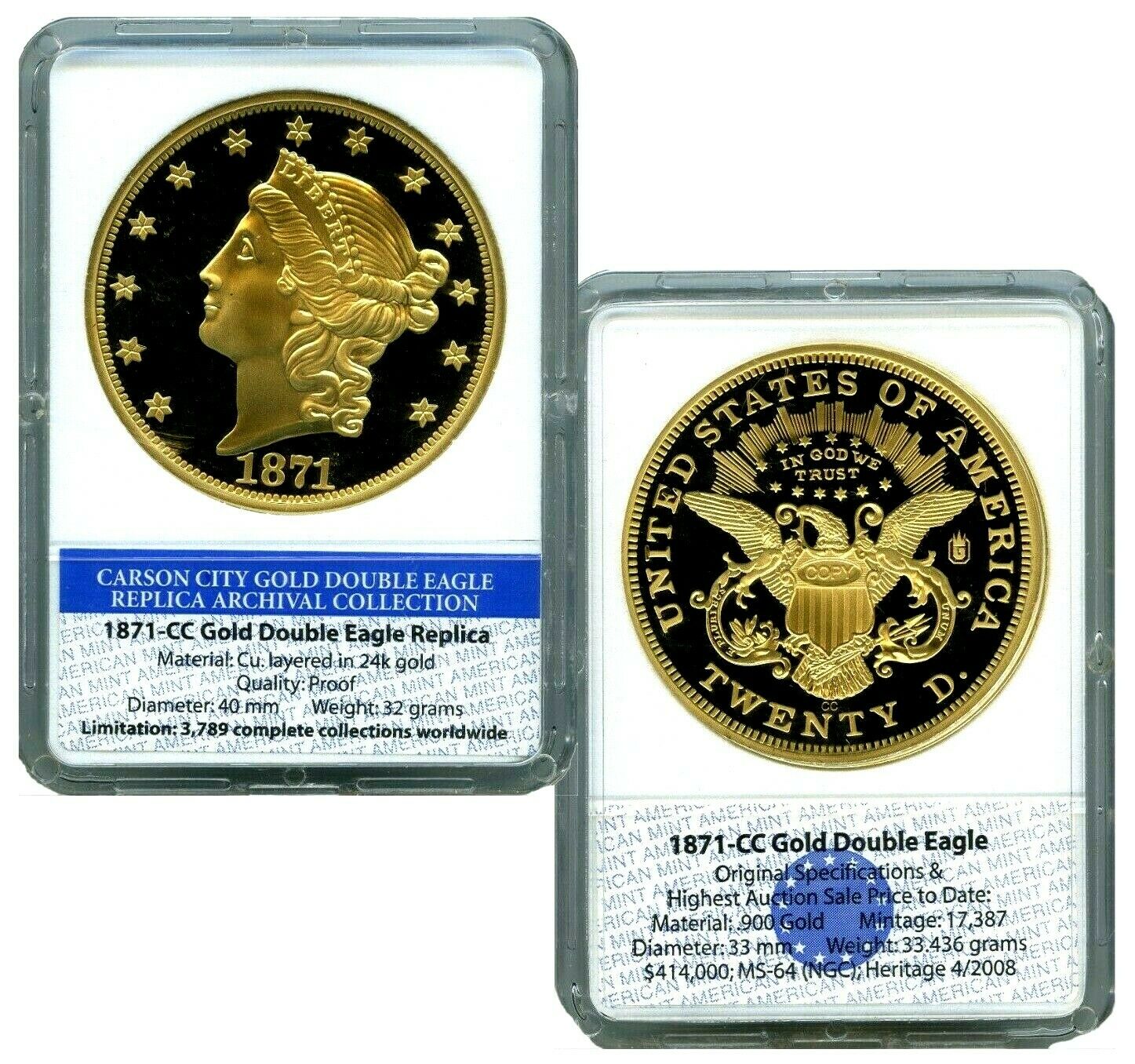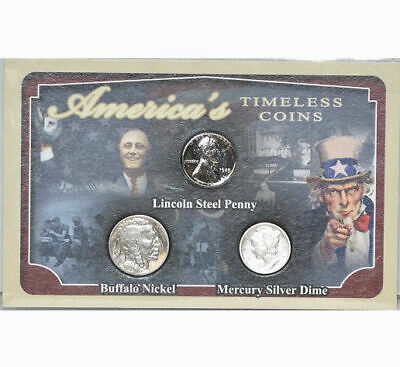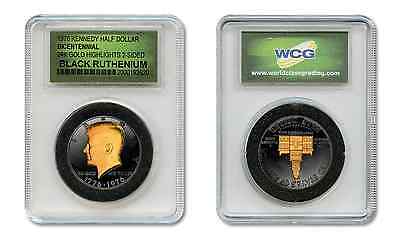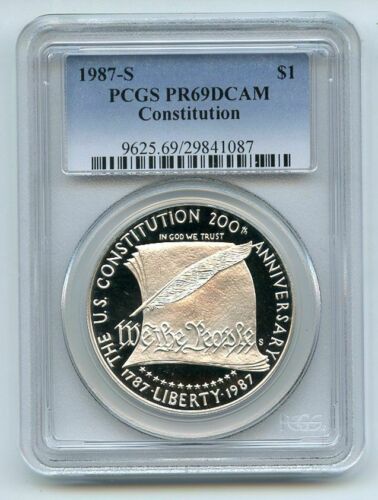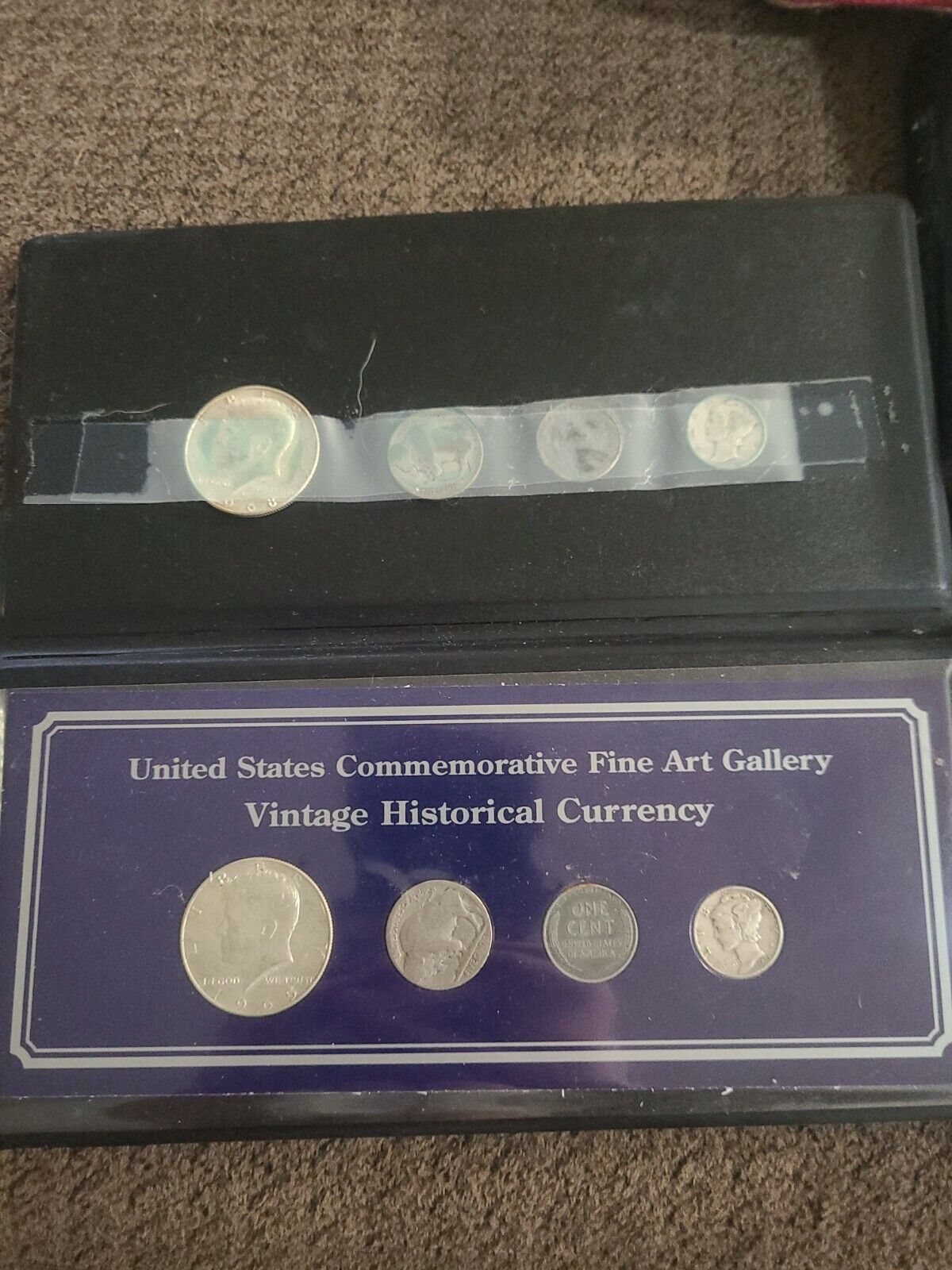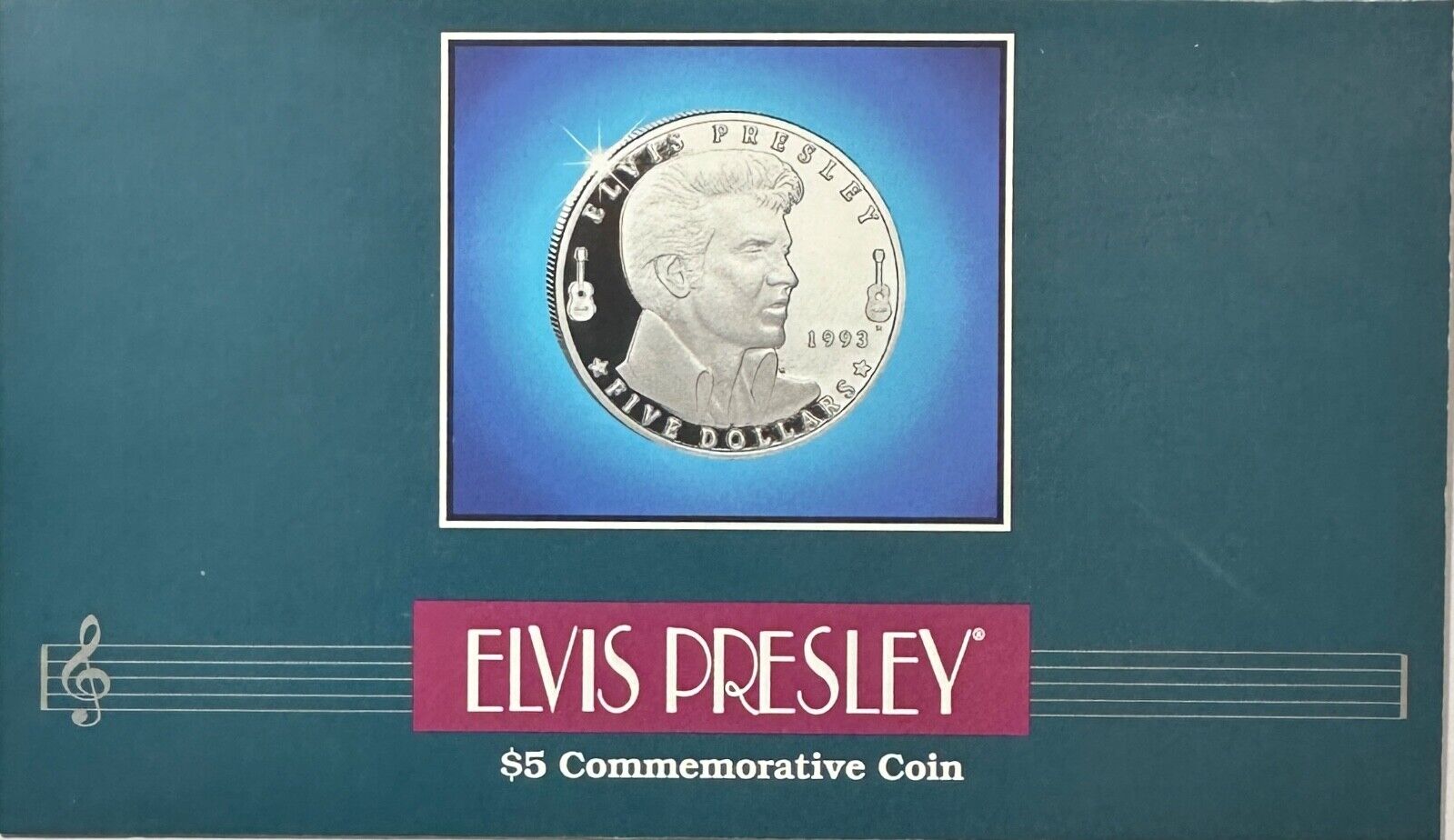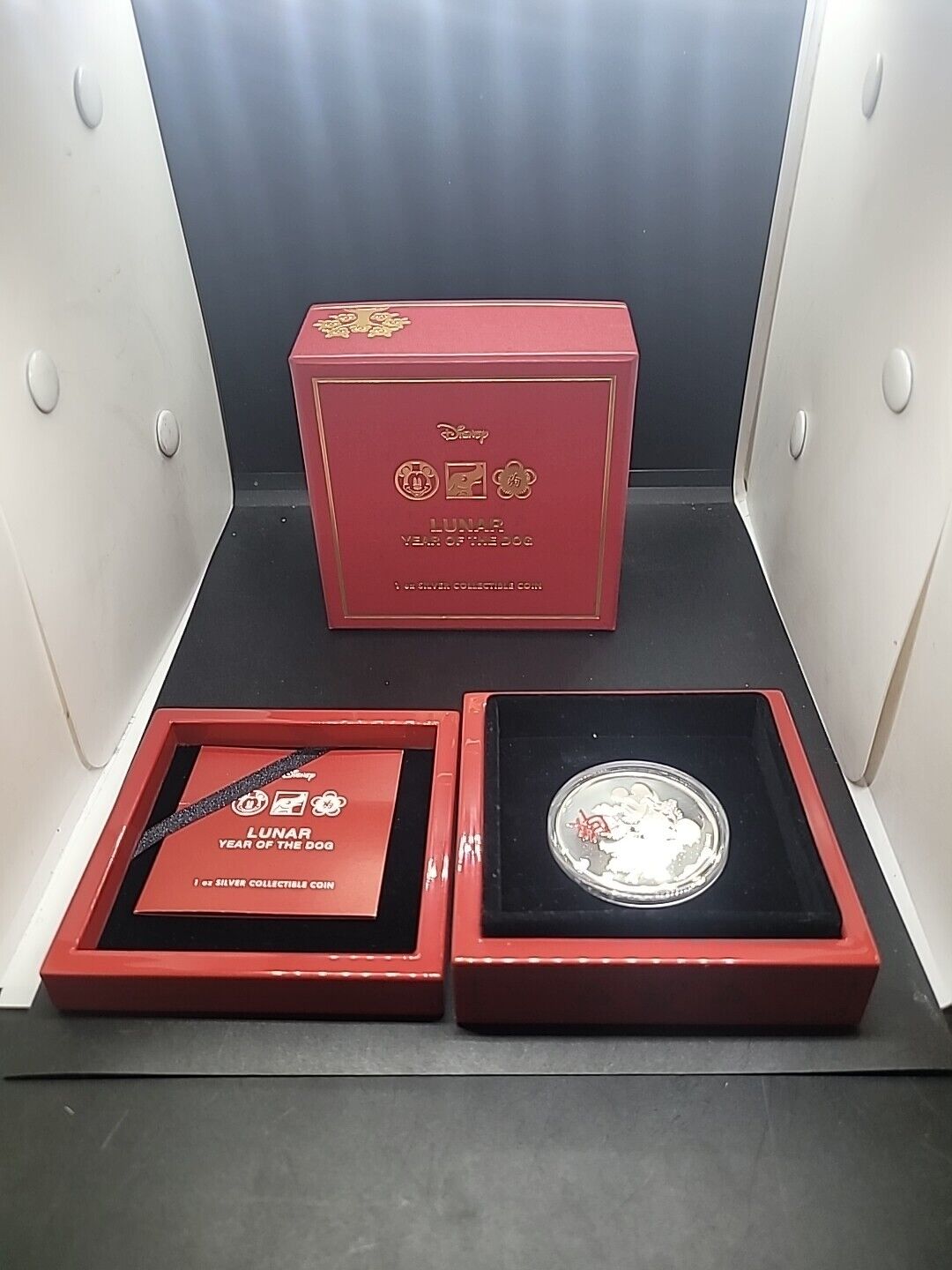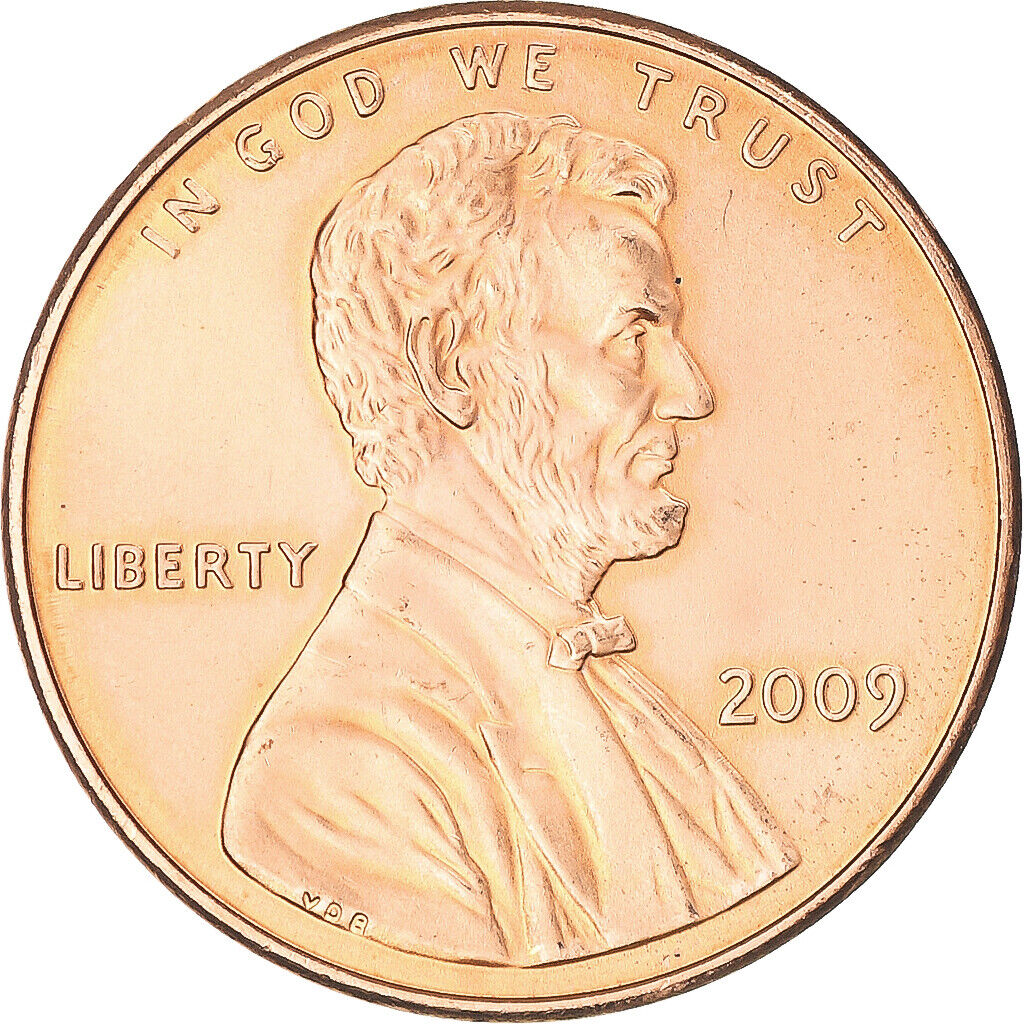-40%
1871 CC GOLD DOUBLE DOUBLE EAGLE COMMEMORATIVE COIN PROOF LUCKY MANY .95
$ 0.2
- Description
- Size Guide
Description
1871 CC GOLD DOUBLE DOUBLE EAGLE COMMEMORATIVE COIN PROOF LUCKY MANY .95Replica of the historic Carson City Gold Double Eagle
The rarest gold dollar in history
The original was minted in Carson City, Nevada
Details
Limitation:
3,789 complete collections
Weight:
32 g
Material (details):
Copper, layered in 24k gold
Diameter:
40 mm
Obverse:
Liberty
Reverse:
Eagle
Finish:
Gold-layered
Material:
Copper
Quality:
Proof
Issue year:
2014
1871 CC GOLD DOUBLE DOUBLE EAGLE COMMEMORATIVE COIN PROOF LUCKY MANY .95
When James Barton Longacre became only the fourth Chief Engraver at the U.S. Mint in 1844, he was not well-received by the Mint Director and the Head Coiner of the Mint.
When Longacre was selected by Congress to design the new one-dollar and twenty-dollar coins, the directors tried to have him fired.
Longacre prevailed and so began the career of one of the greatest coin designers in U.S. history.
The very first coin he created was the Liberty Head Gold Dollar.
First minted in had two reverse designs - the closed wreath and the open wreath.
The Liberty Head Dollars that were minted at the Mint facility in Charlotte, NC (C), that year were all thought to be of the closed wreath variety.
It wasn't until the early 1900s that the 1849-C "open wreath" variety was discovered. Today, only five examples of this Longacre masterpiece are known to exist.
Operating from 1870 to 1893, the Carson City Mint struck more than 56 million silver and gold pieces with a face value of nearly million.
Compared to other Mint branches, Carson City had a rather small production rate, but these low numbers mean that any pieces still in existence today have experienced a sharp increase in value due to their relative rarity.
